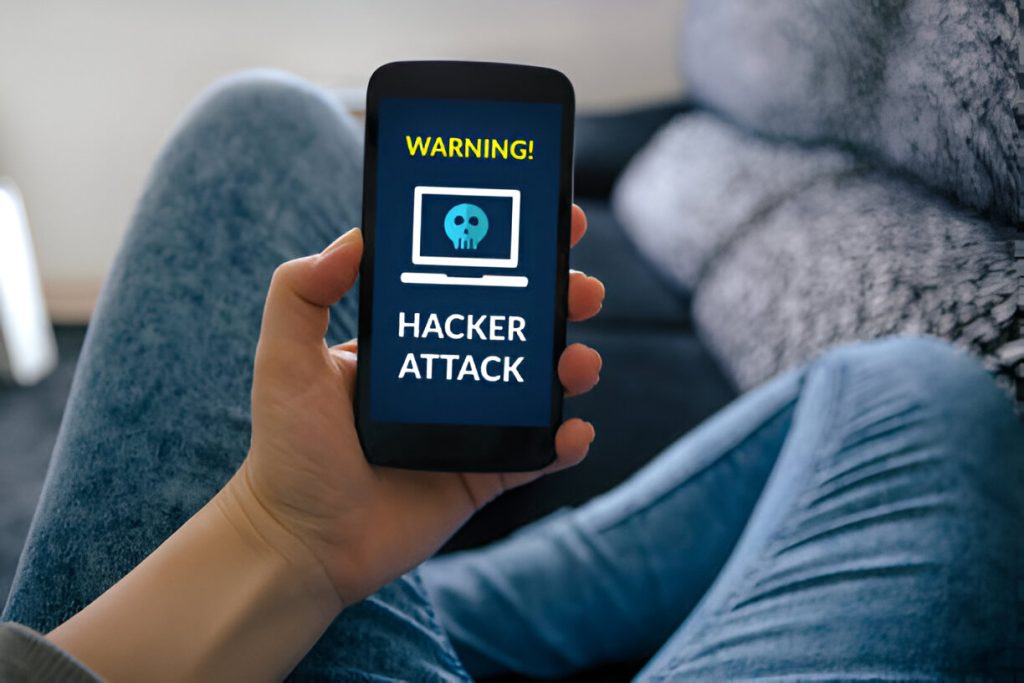Hacked: U.S. Army, Air Force, Navy, NASA
Known For: The largest military computer hack of all time – in search of alien technology

The story of Gary McKinnon reads more like a science fiction novel than a real-life cyber incident. But it’s all true—and it’s one of the most talked-about cases in hacking history.
This self-taught Scottish systems administrator and lifelong believer in UFOs managed to hack into nearly 100 U.S. military and NASA systems between 2001 and 2002. And he didn’t do it with sophisticated tools or a high-speed connection. He used a basic dial-up modem, a slow internet line, and some patience.
But why did he do it?
Because Gary wasn’t trying to steal secrets, money, or weapons. He was searching for evidence of extraterrestrial life and “free energy” technology he believed governments were hiding from the world.
The Mission: Exposing the Truth
Gary McKinnon – The UFO Believer Who Breached the Pentagon ,McKinnon’s goal was clear from the start:
“I was looking for information about UFOs, antigravity propulsion, free energy, and what the U.S. government might be hiding from the public,” he later said in interviews.
He believed that alien technology had already been discovered and was being secretly reverse-engineered by the U.S. military. Motivated by conspiracy theories and curiosity, he began scanning for open ports on U.S. government networks.
What he found was shocking—not proof of aliens, but something arguably worse:
Wide-scale vulnerabilities in highly sensitive networks, often left unprotected without passwords or with default credentials.
The Hack: How He Got In
Using nothing more than:
- A dial-up internet connection
- Free remote access tools (like “RemotelyAnywhere”)
- Scripts to scan networks for weak security
McKinnon was able to enter systems at:
- NASA
- U.S. Army
- U.S. Air Force
- U.S. Navy
- The Pentagon
Once inside, he browsed files, downloaded documents, and left behind messages, including one that read:
“Your security is crap.”
In one alleged discovery, he claimed to have seen a spreadsheet listing “non-terrestrial officers” and ship-to-ship transfers—something he interpreted as proof of a secret space fleet.
While there’s no verifiable proof of what he found, the real impact was in how easily he accessed some of the world’s most secure systems.
The Fallout: Charges and Extradition Battle
The U.S. didn’t take McKinnon’s actions lightly. He was accused of causing over $700,000 in damages and forcing government systems offline for weeks—particularly after 9/11, when national security was at peak sensitivity.
He faced up to 70 years in a U.S. prison under the Computer Fraud and Abuse Act.
But what followed was a decade-long legal and political battle. McKinnon was arrested in the UK, but he and his lawyers fought extradition to the United States. The British public, press, and even politicians rallied behind him, arguing that he was a harmless eccentric—not a terrorist or criminal.
In 2012, after years of pressure, the UK Home Secretary blocked his extradition, citing human rights concerns and McKinnon’s diagnosed Asperger’s syndrome and depression. The U.S. eventually dropped the case.
The Bigger Picture: What It Meant for Cybersecurity
Gary McKinnon didn’t just reveal how vulnerable even the most secure systems could be—he sparked a global conversation about:
- Cyberwarfare
- Government transparency
- Mental health and hacking motives
- The ethics of punishment for non-malicious hackers
Whether or not you believe in UFOs, McKinnon’s hack proved that digital borders are just as fragile as physical ones—and that even a solo hacker with no formal training can infiltrate some of the most powerful organizations on Earth.
Final Thoughts
Gary McKinnon’s story is one of curiosity vs. consequences, belief vs. law, and access vs. accountability. Some call him a hero, others a reckless intruder. But one thing is certain—he exposed just how deeply unprepared government systems were in the early 2000s.
His case still influences how cybersecurity is handled today. It also reminds us that the internet is full of people not just looking to steal, but to search for the truth—whatever they believe that truth may be.





